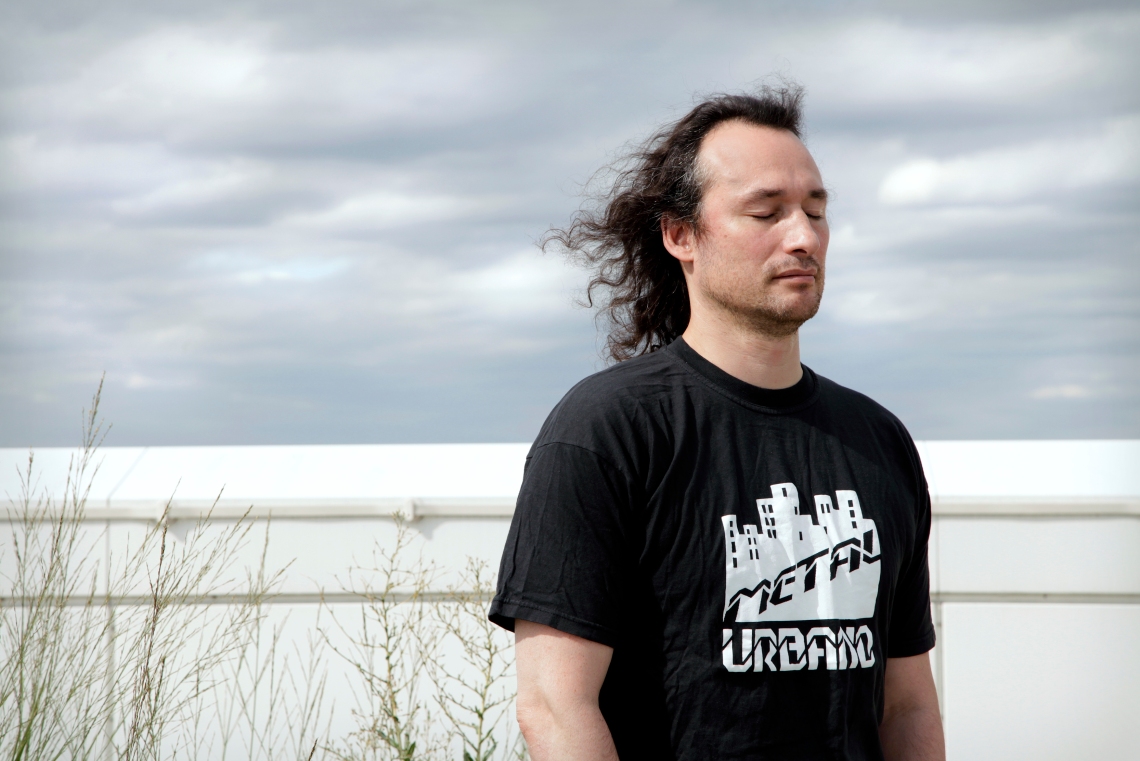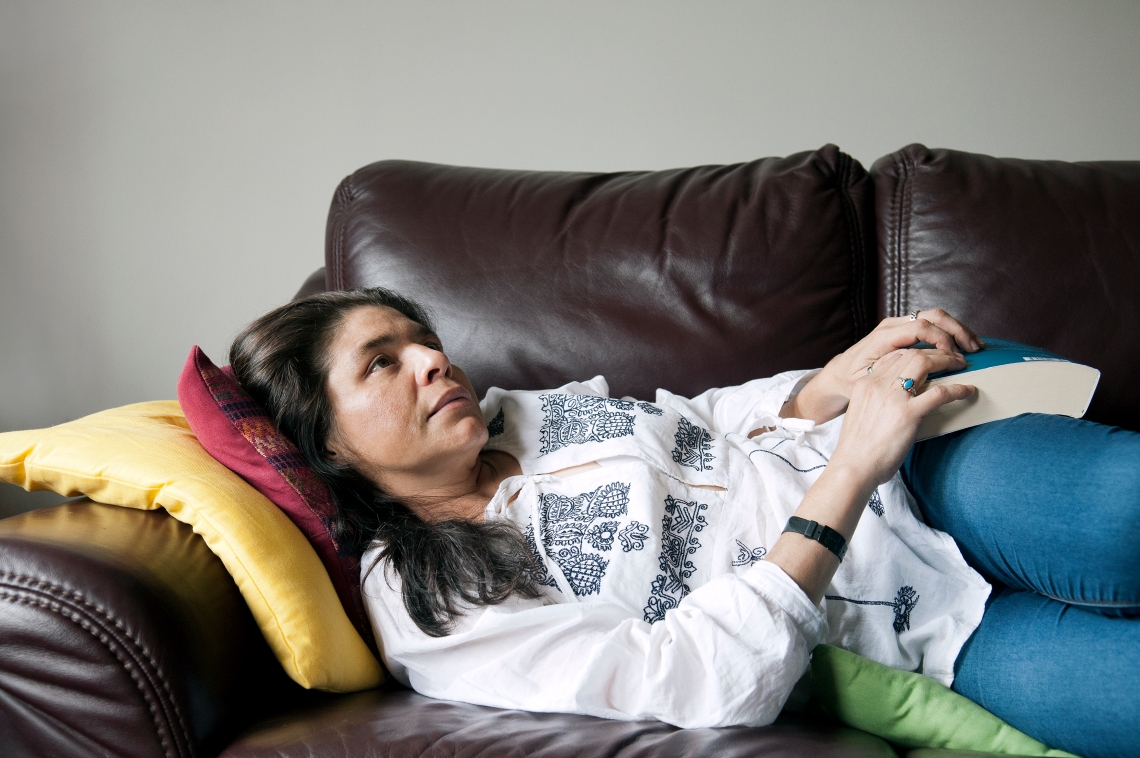Uncovering the Invisible is a relatively small exhibition comprising twenty-two simply framed and simply hung individual portraits of men, women and children. The photographs were taken by sibling photographers Pablo and Roxana Allison, born in Manchester and raised in Mexico City, whose research negotiates perspectives on cultural community, identity and memory.
The exhibition at Lakeside Arts Centre, part funded by the Horizon Digital Economy Research Institute at the University of Nottingham, has been programmed to coincide with the Rio Olympics taking place this summer. Its aim is to increase the visibility of some of the 180,000 people from Latin America who have made their home here despite a lack of recognition in UK law of their grouping as an ethnic minority.

In the wake of July’s EU Referendum and the huge spike in xenophobic hate crime, however, the photographs have taken on a more urgent level of political significance. Various points of reference feed into the reception of this display – from the controversy surrounding the cost and impact of the Olympics on the poorest communities and the safety of travelling visitors, to the appropriation of Jeff Mitchell’s photograph of refugees walking into Slovenia for UKIP’s infamous Breaking Point billboard. Like the more celebratory I am an Immigrant portrait poster campaign seen across tube and rail lines, though, the Allisons’ photographs are an attempt to reclaim and reframe the nuances of cultural diversity as a precious asset for the UK.Uncovering the Invisible is part of the complex conversations surrounding the use of photographic and photojournalistic imagery for contemporary political agenda.
Many of the portraits themselves are set within the sitters’ bedrooms, living rooms or gardens in London. One or two of them show the sitter in an outdoor area of a social housing estate, while others are taken in artist studios or at train stations – unassuming and familiar contexts that offer a small window into their lives. Each image is accompanied by the sitter’s first name and some scant biographical information about them, helping us to locate and contextualise their narrative in relation to their education, interests, skills and employment. The description accompanying one particularly wistful looking woman lying on her sofa holding a book reads ‘Carmen from Nicaragua works in the charity and Fair Trade sectors. She holds a BA in Economics’. Exhibition visitors are left, impossibly, to complete the rest of Carmen’s narrative.

The accompanying text and the visual details that can be gleaned from the Allisons’ photographs go some way to tell the stories of these individuals. A little further information can be accessed via a smart phone app that presents their voices but the project remains not so much an uncovering as a glimpsing. The sitters appear variously relaxed, pensive, defiant, downcast or reflective but the portraits are ultimately impenetrable. Fragmented stories of acceptance, friendship, family and struggles with employment, language and belonging evoke an emotional response but are never resolved. Is it just because these people are photographed alone that they seem lonely? And how have their experiences and perceptions of living in the UK been altered post-Brexit?
Pablo and Roxana Allison
Uncovering the Invisible
25.07.16 – 11.09.16
Lakeside Arts, Nottingham
Commissioned and published by Photomonitor, 24 August 2016
